Halal certification: From religious law to industry standard?
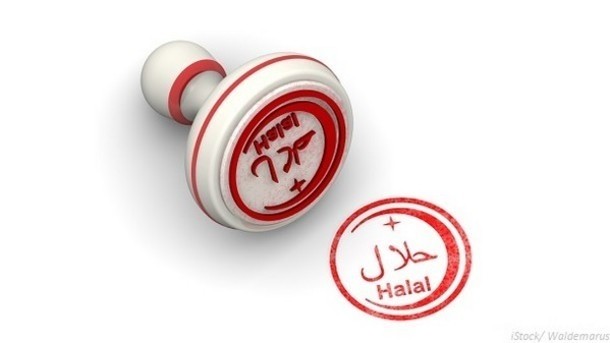
Speaking to Cosmetics Design Asia, Mawarni Hassan, CEO of Cosmoderm, strongly believes that companies should consider being Halal-certified, not just so they can penetrate the fast growing market, but to prove the quality and safety of their products.
“Halal certification can be and should be a de facto standard for cosmetics, I think it will be what we will be looking at in the next five to ten years. In fact, Malaysia is going for a Halal ISO, that’s the next step I think we are working towards.”
Hygiene and purity assured
While the Halal concept is rooted in Islamic principles and beliefs, it is become recognised as a symbol for safety, hygiene and one that is strictly regulated.
“When you have the Halal symbol, you know it’s backed by procedures, documentation and by an authority… that is audited by other fellow bodies, it’s a strong infrastructure.”
To obtain a Halal certification from Jabatan Kemajuan Islam Malaysia (JAKIM), the Islamic development authority of Malaysia, firms have to go through a stringent process that involves the whole process, from raw materials to packaging.
“It is extremely detailed. You can’t just claim Halal, you have to prove Halal,” said Mawarni. “That’s why I believe… within the industry, JAKIM is considered one of the most respected because of how strict their standard are.”
With a Halal-certification, consumers can be assured of the ingredients as each and every one needs to be accounted for a verified as Halal-certified. The certification also does not allow for cross-contamination, which pushes manufacturers to look for high-quality ingredients from reliable suppliers.
“It’s like being an art dealer, and if you want to buy a painting you must know the provenance of the painting. You must know where your painting is from and who has owned that painting,” said Mawarni.
Halal over organic?
Mawarni believes the Halal certification has an advantage over organic certifications and encourages brands in the natural and organic space to look into being Halal-certified.
“When you use a Halal cosmetic product, it carries a promise of being pure, safe and effective. That in itself is a good promise for any cosmetic product,” she said.
“You also know it has been manufactured according to industry standards, especially in Malaysia, because if you don’t have Good Manufacturing Practice (GMP) certification issued by the Ministry of Health, you cannot apply for Halal certification.”
According to Mawarni, the Halal certification is in some ways easier to obtain than organic certifications.
“If you are vegan and plant-based, the Halal certification is easier to obtain. As long you have a clean SOP and you maintain it, you should be able to keep the certification. Also there are more bodies giving out Halal certifications than any particular country than there are giving organic certification.”


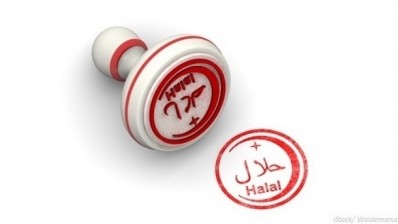

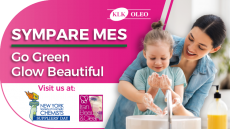

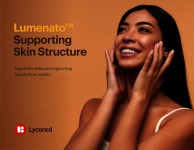
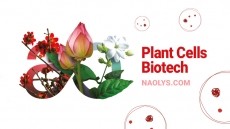

![Latest developments from the South Korean beauty market. [Getty Images]](/var/wrbm_gb_food_pharma/storage/images/_aliases/wrbm_tiny/publications/cosmetics/cosmeticsdesign-asia.com/headlines/brand-innovation/korea-focus-able-c-c-kolmar-and-more-in-this-k-beauty-round-up/17357973-1-eng-GB/Korea-focus-Able-C-C-Kolmar-and-more-in-this-K-beauty-round-up.jpg)

![Able C&C has furthered its partnership with Japanese discount chain Daiso with new makeup launch. [A'pieu]](/var/wrbm_gb_food_pharma/storage/images/_aliases/wrbm_tiny/publications/cosmetics/cosmeticsdesign-asia.com/headlines/brand-innovation/a-pieu-and-daiso-launch-exclusive-2-makeup-line/17339117-1-eng-GB/A-pieu-and-Daiso-launch-exclusive-2-makeup-line.jpg)
![Down Under Enterprises is setting sights on the Asian market as environmental sustainability and traceability become increasingly important. [Getty Images]](/var/wrbm_gb_food_pharma/storage/images/_aliases/wrbm_tiny/publications/cosmetics/cosmeticsdesign-asia.com/headlines/market-trends/down-under-enterprises-shifts-focus-to-china-as-environmental-sustainability-traceability-come-into-the-spotlight/17304932-1-eng-GB/Down-Under-Enterprises-shifts-focus-to-China-as-environmental-sustainability-traceability-come-into-the-spotlight.jpg)
![News updates from Shiseido, Dr.Ci:Labo, Sephora, and more. [Shiseido]](/var/wrbm_gb_food_pharma/storage/images/_aliases/wrbm_tiny/publications/cosmetics/cosmeticsdesign-asia.com/headlines/brand-innovation/updates-from-shiseido-dr.ci-labo-sephora-and-more/17334944-1-eng-GB/Updates-from-Shiseido-Dr.Ci-Labo-Sephora-and-more.jpg)

![Clariant has underscored the importance of localisation strategies and distribution capabilities in China with beauty trends evolving at a rapid pace. [Getty Images]](/var/wrbm_gb_food_pharma/storage/images/_aliases/wrbm_tiny/publications/cosmetics/cosmeticsdesign-asia.com/article/2024/04/16/clariant-emphasises-importance-of-localisation-in-the-era-of-viral-trends/17327969-1-eng-GB/Clariant-emphasises-importance-of-localisation-in-the-era-of-viral-trends.jpg)



